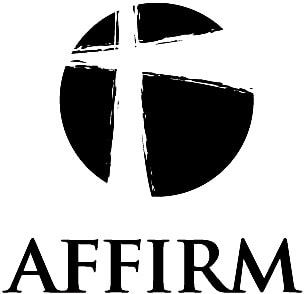|
By Philip Jenkins
I have been writing about mainstream and fringe scholarship, and defending the sometimes unpopular idea of mainstream orthodoxy, or the scholarly consensus. Blogging on any religious topic invites wacky comments and responses. As one example of many, I had a commenter not long ago who asserted that most of what Christians believed about their origins was utterly wrong. Way back in the third century BC, he said, the cult of the Egyptian god Serapis prefigured most features of Christianity, including the name: even at that very early date, his followers were allegedly called “Christians.” Christianity, in fact, was a myth built on that older Egyptian religion. That whole Serapis/Christ nonsense is widespread around the Internet, with quite a few Youtube contributions. Just Google “Christos Ptolemy Serapis” and see how many rabbit holes you vanish into. In some manifestations, not all, it gets into weird Afrocentric and anti-Jewish mythologies. I challenged the original poster by asking how many real books or sources he could cite to support this idea, not counting self-published stuff, and answer came there none. These days, you can find that information quite easily from Amazon, besides library catalogues and journal databases. My argument was simple. An idea or theory does not deserve to be taken seriously unless and until it acquires at least some coverage by accredited experts in the field. That might take the form of published books with major presses, whether trade or academic, or in reputable academic journals. Scholarship is what scholars do, and if they don’t do it, it’s not scholarship. For the complete article go to http://www.patheos.com/blogs/anxiousbench/2015/05/outliers-and-iconoclasts
0 Comments
The one thing that all would agree on is that Christmas is a time of celebration. Celebrate the end of another year at work, another year at school, another year at study. Christmas parties are happening everywhere. And Christians agree. We may celebrate for different reasons and we may celebrate in a different way but celebration is part and parcel of what we do as the people of God. This year is a special one for us. It is the Bicentenary of the first Christian sermon preached in New Zealand.
Some of you will be aware that a group of people have asked the Judicial Committee of General Synod for a formal explanation of Clause 4 of Motion 30 passed by General Synod this year. The Motion came as a response to the report of the Ma Whea? Commission set up to see if we could find a way forward with the vexed question of whether people in committed same sex relationships can be ordained. We are deeply divided on this issue and the divisions have not yielded to debate. The aim of Motion 30 was to see if there is a possible way for us to remain together despite the deep differences between us. At the same time it clearly puts forward a pathway to change. A working group has been set up to do the work outlined in the Motion and report to General Synod in 2016.
|
Archives
April 2024
Categories
All
|

 RSS Feed
RSS Feed
